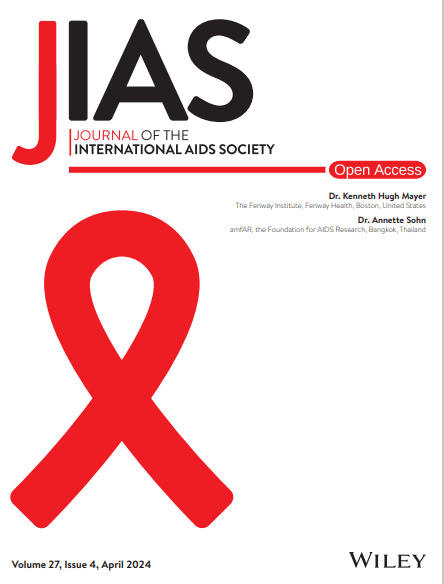A Programme Science approach that prioritizes populations who will benefit most and ensuring resources are allocated to programmes that meet the needs of those populations will bring an equity focus to research. Gay men and other men who have sex with men, people who use drugs, sex workers of all genders, and trans and gender-diverse people, defined by the Joint United Nations Programme on HIV/AIDS (UNAIDS) and The Global Fund to Fight AIDS, Tuberculosis and Malaria (Global Fund) as key populations, have been disproportionately impacted since the start of the HIV pandemic. Through documenting community experiences from global key population-led networks, the authors explore the potential value and impact of community-led organizations and service delivery as critical components in effective HIV and Sexually Transmitted infections (STI) programmes.
Through advocacy and research interventions, global key population networks have identified barriers against scaling up interventions for criminalized and marginalized communities, as well as highlighted solutions. The authors examine some of the current barriers to meaningful involvement of communities and the scaling up of community-led programmes that need to be addressed if Programme Science is to maintain an equity lens and the needs of key populations are to be met and highlight the need to make visible community engagement and participation in embedded research and Programme Science.
The Programme Science approach provides an important opportunity to understand practical issues that will increase effective coverage in the implementation of public health and other interventions, which will require the prioritizing of key populations and their priorities in HIV and STI programmes. It will require extensive time and work to build relationships, increase capacity and share power. Where this has already happened, it has resulted in positive outcomes, including better health outcomes, reduced stigma, increased agency for key populations, and built community-led organizations and responses.


